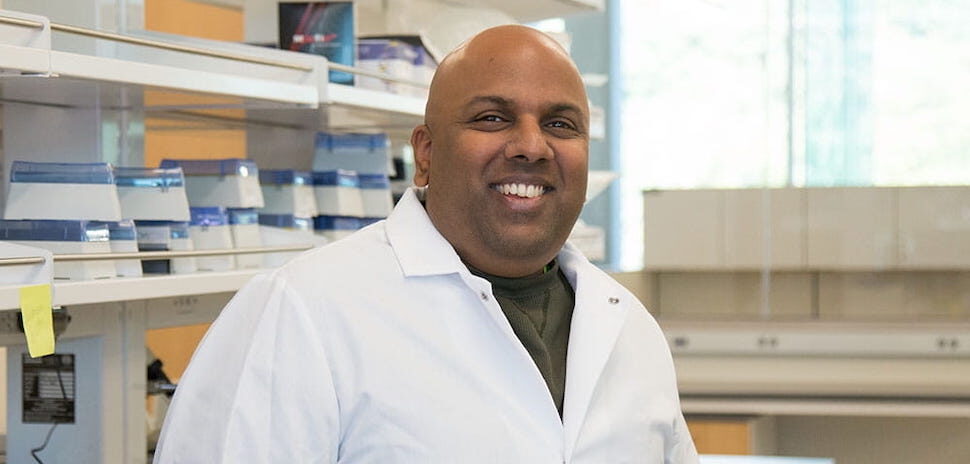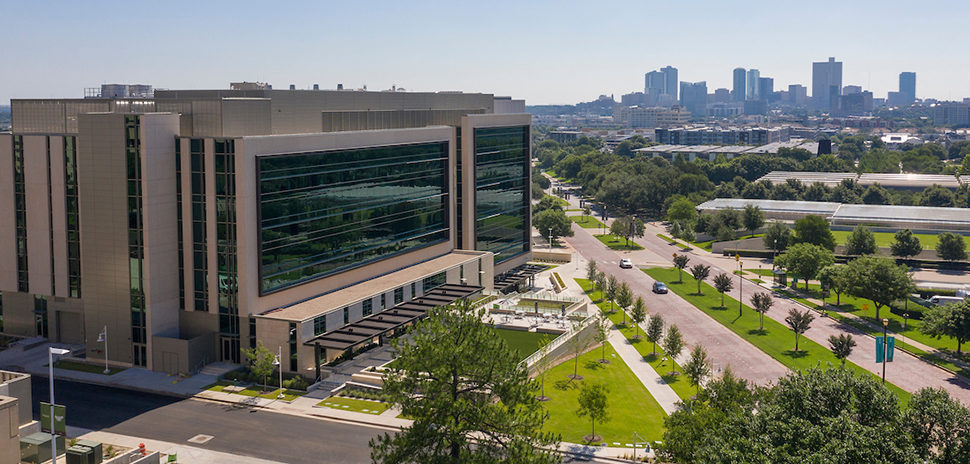[ad_1]
As a Carnegie R1 research university, The University of Texas at Arlington is often a leader in important scientific work and a new $800,000 project funded by the National Science Foundation could expand the university’s profile nationally and around the world.
Michael Vasiliev, professor of electrical engineering at UT Arlington, will lead an NSF-supported project to expand research and education in quantum information science and engineering. Vasiliev is the principal investigator in the project, titled “Quantum Information Exchange over Spatial-Multimode and Multi-Core Optical Fibers,” the university said.
“The quantum computers of the future will be able to perform certain tasks, such as database search optimization or code breaking, much faster than classical computers,” Vasiliev, who has been at UTA since 2003, said in a statement. “Our work focuses on quantum communication links that lay the foundation for connecting such future quantum computers. These links are based on the quantum properties of light particles and photons and can also be used to exchange information securely. Which is completely impossible to hear.
UT Arlington will work closely with Northwestern University on the project, which is part of NSF’s Expanding Capacity in Quantum Information Science and Engineering (ExpandQISE) program.
Vasiliev said the capacity of a single quantum communication link is limited by light loss in optical fibers.
“We can improve on this capability by taking advantage of the spatial degrees of freedom of light,” he said. “For example, we can make beams of different sizes co-propagate across the fiber. This effectively creates multiple quantum communication links on a single optical fiber.”
UT Arlington said one objective of the ExpandQISE program is to achieve a talent pipeline in a region where workforce needs from industry, government and academia are outpacing available talent. Vasiliev said the highly competitive grant shows NSF’s desire to expand the study of quantum information technology to universities that aspire to be major players in the field.
“I am excited by this opportunity to help UTA build the capacity for quantum information research and education in the North Texas region,” Prem Kumar, project co-investigator from Northwestern’s McCormick School of Engineering, said in a statement. “UT Arlington already has a world-class research program in classical optical communications. We look forward to student exchanges between our two institutions to share classical and quantum expertise and train Renaissance engineers who will Will be well prepared to run the quantum applications of the 21st century.
Diana Huffaker, chair of the Department of Electrical Engineering at UT Arlington, said the grant represents an opportunity for UTA to expand its reach nationally and internationally.
“This grant builds a strong foundation for UTA’s future research and education in the quantum information field,” Huffaker said in a statement. “We look forward to partnering with Northwestern and seeing what projects lead to this.”
UTA said that in a separate NSF grant, it is partnering with Northwestern’s Materials Research Science and Engineering Center to develop new functional materials for energy and semiconductor applications.
![]()
get on the list.
Dallas innovates every day.
Sign up to keep track of what’s new and happening next in Dallas-Fort Worth every day.
[ad_2]
Source link



![Recipient Lyda Hill will present the award at the 4th Annual iC3 Life Science Summit on October 10, 2017 at UT Arlington. To register for the summit, visit www.bionorthtx.org. [Illustration: bestbrk/istockphoto]](https://s24806.pcdn.co/wp-content/uploads/2018/09/Bionorthconcept_970_bestbrk_istockphotovector-molecule-background-genetic-and-chemical-compounds-abstract-vector-id908258902-264x350.jpg)


